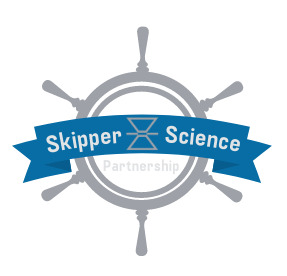
Commercial seafood harvesters collaborating with conservationists and tribal partners hope to gather more information this summer on ecological changes in fisheries and oceans to help state and federal fisheries managers better manage commercial fisheries.
The Skipper Science effort is being led by SalmonState’s Salmon Habitat Information Program (SHIP), with the Aleut Community of St. Paul Island Tribal Government and the Aleutian Bering Sea Initiative, according to SHIP manager Lindsey Bloom.
One of the Skipper Science program’s key tools is a smartphone app that allows fishermen to log observations in real time from the fishing grounds. Skipper Science is also equipping up to six vessels with data collection instruments to record water temperature, salinity and other data, Bloom said.
As a result of last year’s effort, the program gained recognition from state and federal agencies, including the Alaska Fisheries Science Center and the Alaska Legislature’s House Fisheries Committee. Participating commercial harvesters came mainly from Southeast Alaska in 2021, but also from Bristol Bay, Copper River, Kodiak and Cook Inlet.
“We are trying to connect fishermen with scientists, to look for what the scientists want,” Bloom explained.
In the wake of the 2021 pilot program, “participation and interest from the industry, commercial fishing groups and fishermen has been positive and we are hoping for many more observations in 2022,” she added. “The success of the 2021 pilot program bodes well for a future in which fishermen’s input in data collection and policy making is supported and amplified.”
Highlights of the 2021 program included participation by over 100 commercial fishermen and 19 Alaska-based fishing trade organizations that endorsed the effort. SalmonState said 1,697 fishermen provided their opinions on climate change via phone interviews.
“Skipper Science is already a valuable resource for researchers, managers and policymakers, and with every season, it will grow more valuable,” said Lauren Divine, director of the Ecosystem Conservation Office for the Tribal Government of St. Paul.
“Based on last year’s pilot season we know fishermen have what it takes to translate observations into quality data through the use of the app,” she added. “We hope that as the Skipper Science Partnership continues to grow, fisheries managers and the scientific community will continue to incorporate fishermen’s data and observations into their decision making.”
“In concert with Alaska’s fishing fleets, we can meet the challenges of fishing and managing sustainable fisheries in a changing climate, ensuring commercial fishing economies remain strong for generations to come,” Divine said.
